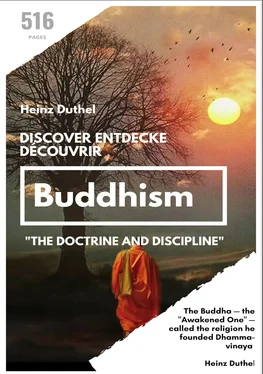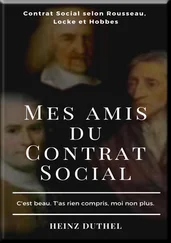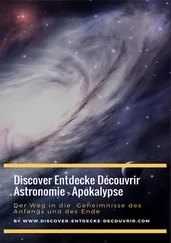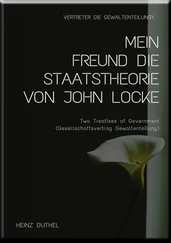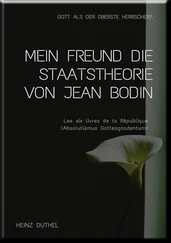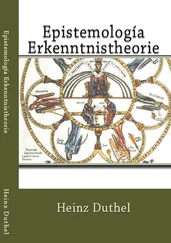Heinz Duthel - Discover Entdecke Découvrir Buddhism
Здесь есть возможность читать онлайн «Heinz Duthel - Discover Entdecke Découvrir Buddhism» — ознакомительный отрывок электронной книги совершенно бесплатно, а после прочтения отрывка купить полную версию. В некоторых случаях можно слушать аудио, скачать через торрент в формате fb2 и присутствует краткое содержание. Жанр: unrecognised, на немецком языке. Описание произведения, (предисловие) а так же отзывы посетителей доступны на портале библиотеки ЛибКат.
- Название:Discover Entdecke Découvrir Buddhism
- Автор:
- Жанр:
- Год:неизвестен
- ISBN:нет данных
- Рейтинг книги:4 / 5. Голосов: 1
-
Избранное:Добавить в избранное
- Отзывы:
-
Ваша оценка:
Discover Entdecke Découvrir Buddhism: краткое содержание, описание и аннотация
Предлагаем к чтению аннотацию, описание, краткое содержание или предисловие (зависит от того, что написал сам автор книги «Discover Entdecke Découvrir Buddhism»). Если вы не нашли необходимую информацию о книге — напишите в комментариях, мы постараемся отыскать её.
Because of our ignorance (avijja) of these Noble Truths, because of our inexperience in framing the world in their terms, we remain bound to samsara, the wearisome cycle of birth, aging, illness, death, and rebirth. Craving propels this process onward, from one moment to the next and over the course of countless lifetimes, in accordance with kamma (Skt. karma), the universal law of cause and effect. According to this immutable law, every action that one performs in the present moment – whether by body, speech, or mind itself – eventually bears fruit according to its skillfulness: act in unskillful and harmful ways and unhappiness is bound to follow; act skillfully and happiness will ultimately ensue.13 As long as one remains ignorant of this principle, one is doomed to an aimless existence: happy one moment, in despair the next; enjoying one lifetime in heaven, the next in hell.
Because the roots of ignorance are so intimately entwined with the fabric of the psyche, the unawakened mind is capable of deceiving itself with breathtaking ingenuity. The solution therefore requires more than simply being kind, loving, and mindful in the present moment. The practitioner must equip him- or herself with the expertise to use a range of tools to outwit, outlast, and eventually uproot the mind's unskillful tendencies. For example, the practice of generosity (dana) erodes the heart's habitual tendencies towards craving and teaches valuable lessons about the motivations behind, and the results of, skillful action. The practice of virtue (sila) guards one against straying wildly off-course and into harm's way. The cultivation of goodwill (metta) helps to undermine anger's seductive grasp. The ten recollections offer ways to alleviate doubt, bear physical pain with composure, maintain a healthy sense of self-respect, overcome laziness and complacency, and restrain oneself from unbridled lust. And there are many more skills to learn.
This first enlightenment experience, known as stream-entry (sotapatti), is the first of four progressive stages of Awakening, each of which entails the irreversible shedding or weakening of several fetters (samyojana), the manifestations of ignorance that bind a person to the cycle of birth and death. Stream-entry marks an unprecedented and radical turning point both in the practitioner's current life and in the entirety of his or her long journey in samsara. For it is at this point that any lingering doubts about the truth of the Buddha's teachings disappear; it is at this point that any belief in the purifying efficacy of rites and rituals evaporates; and it is at this point that the long-cherished notion of an abiding personal «self» falls away. The stream-enterer is said to be assured of no more than seven future rebirths (all of them favorable) before eventually attaining full Awakening.
